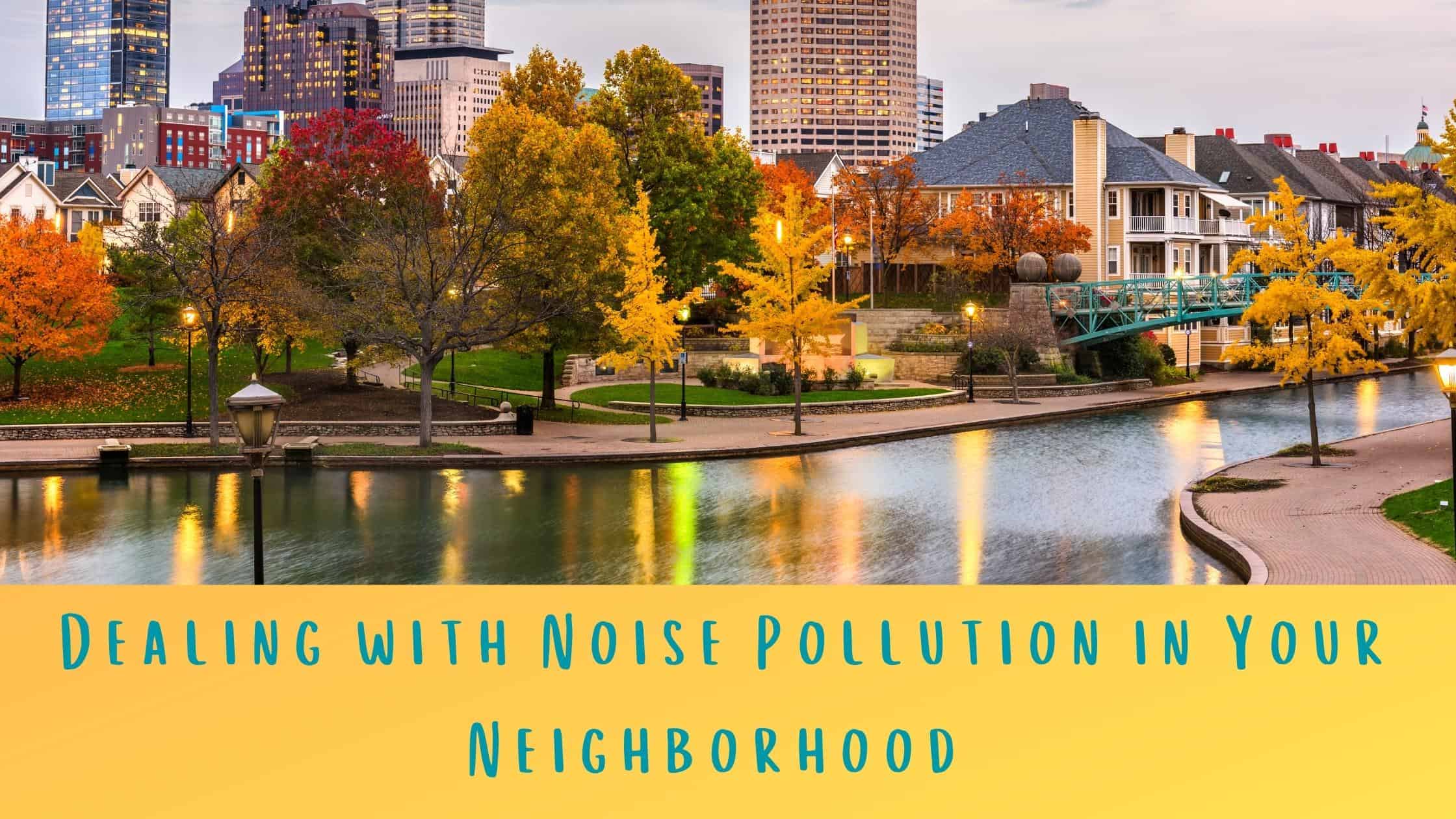
We are constantly absorbing and processing different sounds throughout the day. From waking up with the help of an alarm, commuting to work, listening to music, and using household appliances; noise is part of daily life. While most noise that we experience is normal, it is important to be mindful of noise that can be hazardous to hearing health. Exposure to noise is a common cause of hearing loss, a pervasive medical condition that impacts nearly 48 million people. Being aware of the noise pollution in your neighborhood and practicing ways to reduce its impact can protect your hearing health.
Understanding Noise Pollution
You may be wondering what noise pollution actually is. Noise pollution describes excessive environmental noise that impacts health. Like other types of pollution (for example: air), noise experienced at increased volume levels can negatively affect health. A significant way people are exposed to noise pollution is through urban noise which specifically refers to the sounds in cities and surrounding neighborhoods. This includes:
- Noise from traffic and major highways
- Construction sites and heavy machinery
- Airport noise (air traffic, planes taking off and landing)
- Sirens from ambulances and police cars
- Loud noise from music venues, stadiums, restaurants, bars, etc.
- Household appliances: lawn mower, leaf blower, vacuum cleaner
As cities continue to grow and expand, exposure to higher noise levels can be experienced regularly. In addition to being unpleasant, loud noise is potentially harmful to one’s health. Noise pollution can impact health in a variety of ways.
Impact of Noise Pollution on Health
Living and working in environments that have higher levels of noise pollution can impact health in significant ways. Major effects can include the following:
- Hearing Loss: one time or consistent exposure to loud noise can damage the auditory system which encompasses how the ears and brain absorb and process sound. Specifically, loud noise can damage the hair cells that are in the inner ear. There are thousands of hair cells in each ear that work to translate incoming soundwaves into electrical signals. These signals are then sent to the brain where they are further processed and assigned meaning; allowing us to understand what we hear. Loud noise can cause these hair cells to lose sensitivity and die and this kind of damage is irreparable. Hair cells in the ear, unlike other types of cells, do not regenerate. This means that when their capacity to work effectively is reduced, these changes are permanent; resulting in hearing loss.
- Health Conditions: consistently navigating loud noise can be stressful. Experiencing stress regularly can heighten anxiety, other existing medical conditions, and can lead to increased blood pressure levels.
- Impacts Mental Health: people who live in noisy environments can experience more stress, anxiety, and fatigue. This can disrupt sleep, potentially contributing to the development of sleep disorders. Increased stress and poor quality of sleep impacts daily wellness and energy.
It is important to practice ways to reduce the impact of noise pollution. There are safety measures you can integrate into daily life that mitigate the potential harm of loud noise.
Tips to Reduce Impact of Noise Pollution
There are various ways that can help you best navigate noise pollution in your neighborhood. This includes:
- Hearing protection: this can include headphones, earplugs, earmuffs, etc. which serve as a protective barrier for the ears. This protection reduces the amount (and impact) of loud noise you absorb.
- Create ambient noise: by using a white noise machine or playing soft sound in the background which can mask distracting environmental noise.
- Install dual-paned windows: double-paned windows create additional physical barriers for noise, reducing the amount of sound that can be heard from your space.
- Enhance insulation: there are different ways to do this including using rugs and carpets on the floors, installing insulation panels to soundproof certain areas, etc.
- Quiet Hours: neighborhoods and apartment buildings usually have quiet hours which prohibits excessive noise. Be sure to be aware of these hours where you live and observe if they are implemented.
By practicing these tips, you can protect your hearing health from the noise pollution in your neighborhood.
